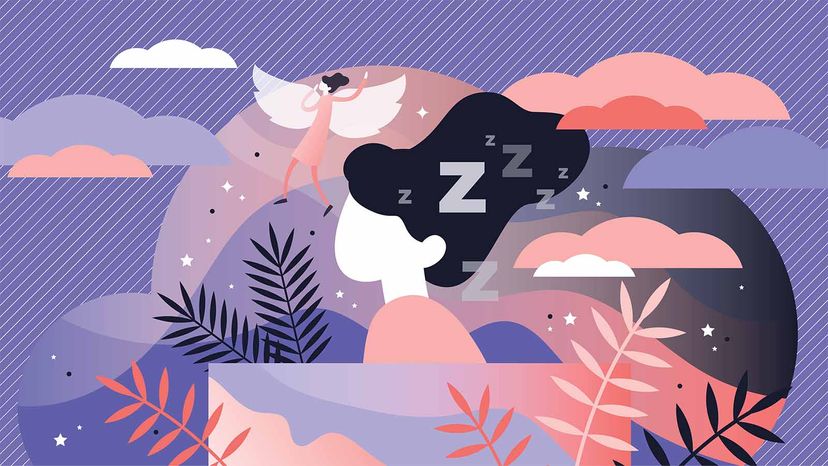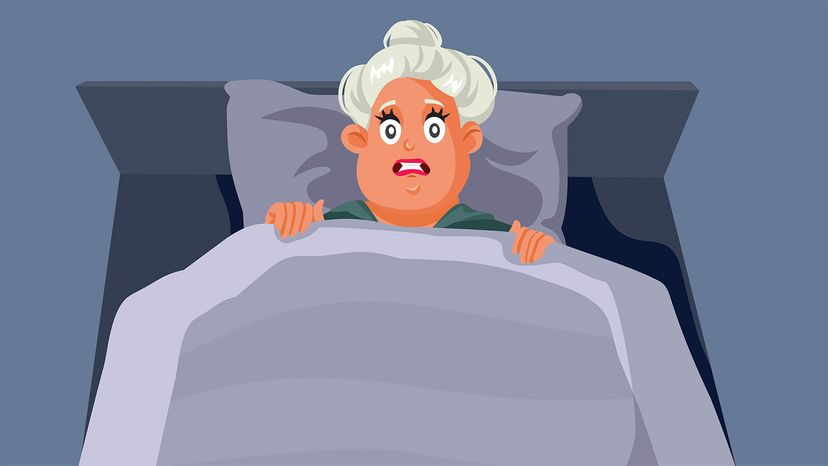
Key Takeaways
- Dreaming about someone often reflects your recent interactions, thoughts or feelings towards that person, indicating they play a significant role in your daily life or subconscious mind.
- Dreams serve as a bridge between the unconscious and conscious mind, where our desires, fears and experiences get reassembled and processed during REM sleep, revealing much about our emotional and psychological state.
- Recurrent dreams about a person, such as an ex-partner or family member, may highlight unresolved issues, emotional attachments or significant transitions in life, suggesting the need for introspection or closure.
You wake up flustered. You've had another recurring dream about your ex-boyfriend ... or your mother-in-law, or your boss or that co-worker you have a crush on. Were you feeling lonely last night before bed? How do you feel now? Uncomfortable? Frustrated? Spicy? All you really want to know is what this dream means, if anything.
Our dreams, for the most part, do have meaning. So what does it mean when you dream about someone specific? We asked sleep experts and dream analysts the hidden meanings behind these dreams in real life.
Advertisement
Advertisement





